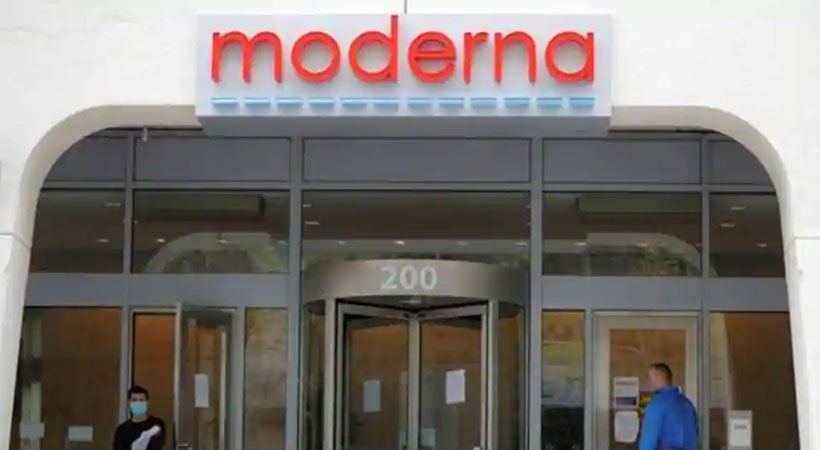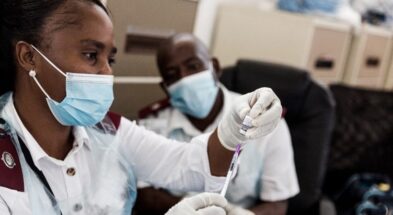The drugmakerModernaInc announced on Monday that its experimental vaccine was 94.5% effective in preventing COVID-19, based on interim data from a late-stage trial, becoming the second U.S. drugmaker to report results that far exceed expectations.
“This positive interim analysis from our Phase 3 study has given us the first clinical validation that our vaccine can prevent COVID-19 disease, including severe disease,” saidModerna CEO, Stephane Bancel.
Moderna released results from a clinical trial that included more than 30,000 participants, which were analyzed by an independent data safety monitoring board, appointed by the National Institutes of Health. With this, Moderna joins American pharmaceutical company Pfizer and its German partner BioNTech whose vaccine is said to be 90 percent effective, as a front-runner in the global race to contain the raging pandemic that has infected 54 million and killed 1.3 million people worldwide.
“Today’s news of a second vaccine is further reason to feel hopeful,” tweeted President-elect Joe Biden, but he cautioned that its widespread distribution was months away. “Until then, Americans need to continue to practice social-distancing and mask-wearing to get the virus under control,” he said.
Unlike Pfizer’s vaccine, Moderna’s shot can be stored at normal fridge temperatures, which makes it easier to distribute. The company also said that its vaccine had a longer shelf life than previously thought: 30 days in the refrigerator and 12 hours at room temperature. These storage factors are critical as COVID-19 cases are soaring, hitting new records in the United States and pushing some European countries back into lockdowns.
Both the vaccines are based on new technology that uses synthetic versions of coronavirus genetic material, called messenger RNA or mRNA, to program a person’s cells to churn out many copies of a fragment of the virus. That fragment sets off alarms in the immune system and stimulates the cells to turn into vaccine-making factories, should the real virus try to invade.
The two companies are planning to apply to the Food and Drug Administration within weeks, for emergency authorization to begin vaccinating the public. Officials said the two companies could produce enough vaccine for a little more than 20 million people in the United States by sometime in December, with the first doses going to people with the highest risk, like health care workers, emergency medical workers and frail residents of nursing homes. U.S. stocks rallied on Monday, fuelled by the news that lifted expectations of a strong economic recovery. Shares of Moderna went up almost 15 percent up in premarket trading.



















